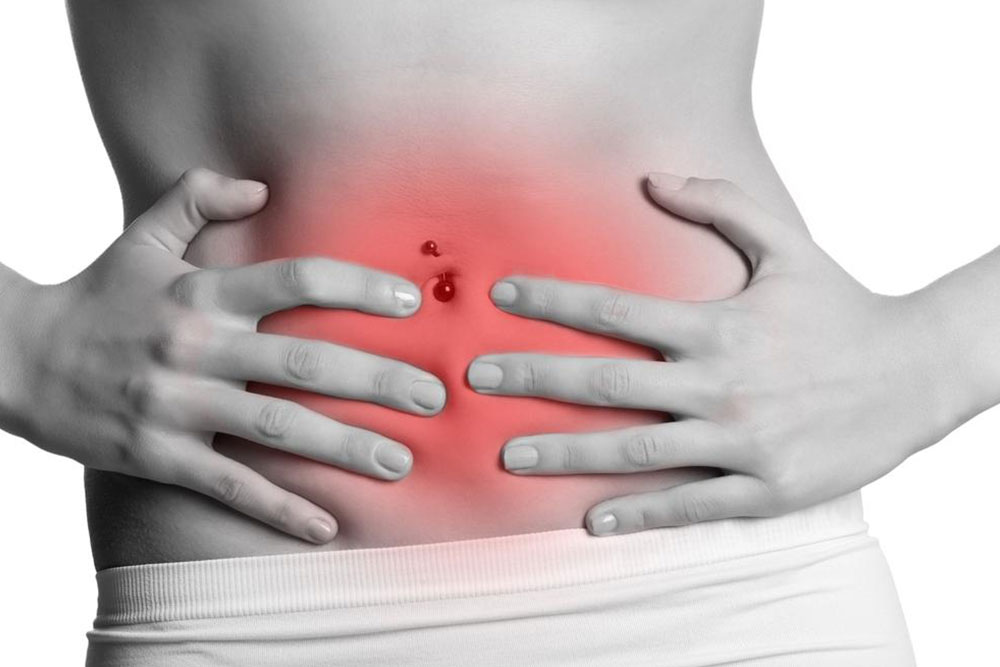Comprehensive Dietary Strategies for Managing Ulcerative Colitis Symptoms
This comprehensive guide explores the role of diet in managing ulcerative colitis symptoms, emphasizing personalized nutrition, trigger foods to avoid, and dietary strategies to improve quality of life. Tailored dietary choices can help reduce flare-ups and support overall health in ulcerative colitis patients.

Effective Nutrition Tips for Individuals with Ulcerative Colitis
Ulcerative colitis (UC) is a chronic inflammatory bowel disease that primarily affects the inner lining of the large intestine (colon) and rectum. It is characterized by persistent inflammation, ulcerations, and sores along the colon's lining, leading to a range of uncomfortable gastrointestinal symptoms. This condition is autoimmune in nature, meaning that the immune system mistakenly targets the body's own tissues, causing ongoing tissue damage and inflammation.
Often grouped under the umbrella of inflammatory bowel diseases (IBD), ulcerative colitis varies from Crohn's disease, which can affect any part of the gastrointestinal tract. UC is a significant health concern worldwide, with over 900,000 new cases diagnosed annually, predominantly affecting males between the ages of 15 and 40. The disease imposes substantial impacts on patients' quality of life, making effective management essential.
Controlling ulcerative colitis symptoms is complex and multifaceted. While medications play a vital role, diet remains a cornerstone of management, helping to lessen the severity of flare-ups, alleviate symptoms, and enhance overall well-being. Personalized nutrition strategies are essential because each patient’s triggers and tolerances can vary widely.
To optimize health outcomes, individuals with UC should consider adopting dietary practices tailored to their unique needs. The following dietary approaches can significantly influence disease management and improve life quality:
A high-calorie diet to combat weight loss and prevent nutritional deficiencies common in chronic inflammatory states.
Lactose-free diet for individuals with lactose intolerance or sensitivity to dairy products.
Low-fiber diets during active flare-ups to minimize intestinal cramping, diarrhea, and urgency.
Reducing salt intake, particularly when on corticosteroid therapy, to prevent fluid retention and hypertension.
Following a low FODMAP diet, which limits fermentable oligosaccharides, disaccharides, monosaccharides, and polyols that can trigger symptoms.
Incorporating gluten-free options for those with gluten sensitivity or celiac disease co-occurring with UC.
Proper nutrition is critical because UC-related bleeding and diarrhea can lead to deficiencies in essential nutrients, electrolytes imbalance, dehydration, and overall weakened health. When digestive symptoms interfere with proper food intake, supplementation with vitamins and minerals can bridge nutritional gaps. Furthermore, close monitoring of dietary triggers through food diaries and symptom tracking is vital to avoid or minimize flare-ups.
Eating the right foods and avoiding specific known triggers can help maintain remission and reduce disease activity. Some foods are considered problematic for many UC patients, and their avoidance can be beneficial:
Alcohol: It stimulates intestinal activity, increasing diarrhea frequency and disrupting mucosal healing.
Caffeinated and carbonated beverages: Coffee, tea, sodas, and energy drinks contain caffeine and bubbles that can accelerate bowel movements and produce gas, leading to discomfort.
Dairy products: For lactose-intolerant individuals, consuming milk, cheese, and yogurt may worsen GI symptoms, including cramping and diarrhea.
High-fiber foods: Raw vegetables, legumes, seeds, nuts, and certain fruits (like apples, pears) may cause bloating, cramps, or urgency during active inflammation.
Sulfate-rich foods: Found in dried fruits, processed meats, certain nuts, dairy, and cruciferous vegetables such as broccoli, cauliflower, and Brussels sprouts, these can produce gas and discomfort.
Spicy foods: Peppers, hot sauces, and spicy seasonings may aggravate symptoms and trigger flare-ups in sensitive individuals.
Overall, dietary adjustment requires a personalized approach, preferably guided by healthcare professionals or registered dietitians specializing in digestive health. With the right diet plan, UC patients can better manage their symptoms, thrive despite their condition, and improve their overall quality of life.





